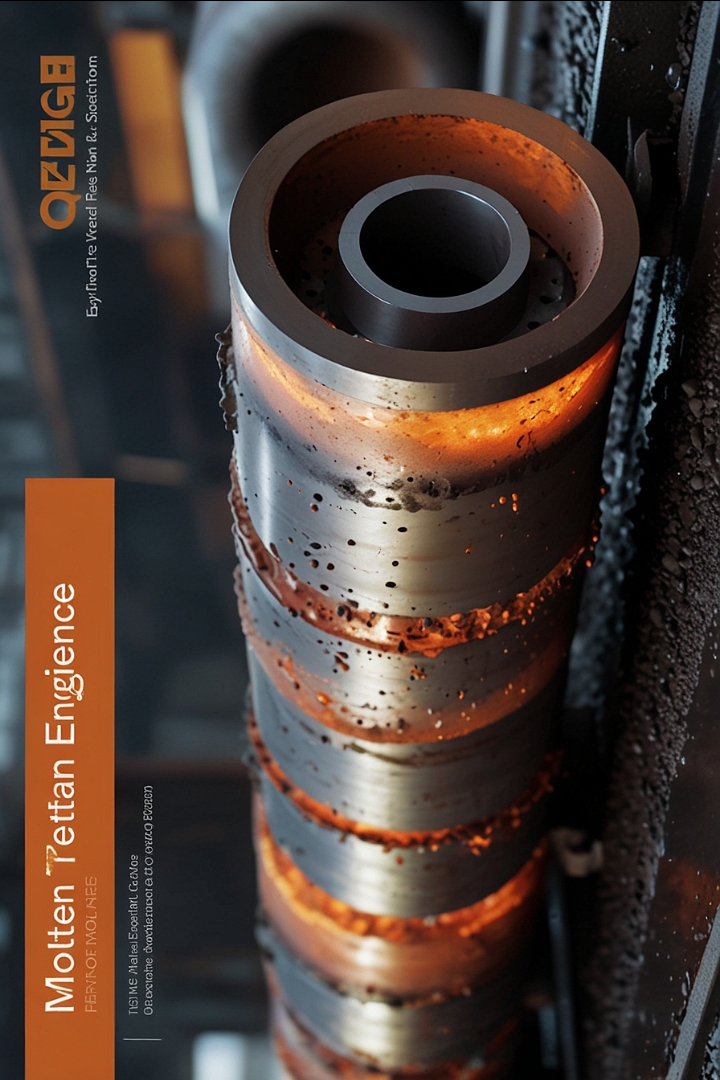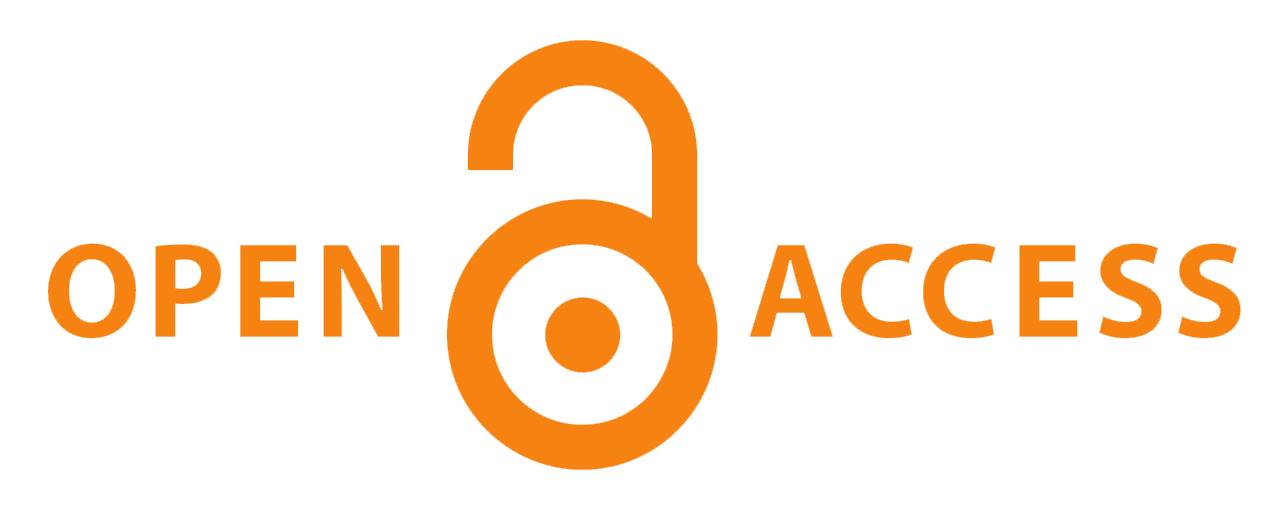Journal menu
Publishing Ethics
Last Edition
Archive
Current Issue
Call for Papers
The goal of the journal Metallurgy and Materials Engineering defined ethical criteria is to publish original scientific works without infringing against the rights of any parties, including authors, publishers, scientists, states, people, etc. publishing ethics in the journal Metallurgy and Materials Engineering forbid any publishing malpractice and promote honesty in the peer review and research processes. The Editorial Board of the journal Metallurgy and Materials Engineering follow globally recognised ethical standards in the field of Publishing Ethics by the Committee on Publication Ethics (COPE) for any larger interpretations of ethical rights than those specified here. We follow its Best Practice Guidelines and Code of Conduct to the letter.
Plagiarism
Plagiarism in scientific publications occurs when a writer utilises another writer’s scientific work without giving due credit or permission. It is obvious that plagiarism violates scientific ethics when someone takes another person’s words, ideas, or other creative expression as their own. Copyright laws may also be broken when someone plagiarises. Plagiarism may take many various forms, such as verbatim copying or paraphrasing another person’s writing.
Manuscripts having a scientific conference may be published in the journal Metallurgy and Materials Engineering, but only as extended research. These papers conclude with a brief description of a scientific meeting where a condensed version of a scientific article was published.
Double Submission
Manuscripts published elsewhere in exactly the same format will not be accepted for publication in the journal Metallurgy and Materials Engineering. The manuscript will be retracted in line with the journal Metallurgy and Materials Engineering retraction policy if it passes the plagiarism control test provided by the software and later reveals that it was published in another journal prior to being accepted for publication.
Citation manipulation
Citation manipulation penalties will apply to submitted publications that include citations whose main goal is to boost the number of citations to the work of a certain author or to articles published in a specific journal.
Falsification and Data Fabrication
Manuscripts that are submitted and later discovered to include stated substances (method originality, research findings, conclusions, tables, figures, etc.) that have been arbitrarily listed or falsified would be considered fabricated. These papers will be disposed of in compliance with the Metallurgy and Materials Engineering Editorial Board’s Retraction Policy.
Inappropriate Attribution or Author Contribution
Each of the listed authors must have given their approval to all of the manuscript’s claims and made a substantial scientific contribution to the study. Enumerating all those who have contributed significantly to science, including lab personnel and students, is crucial.
Policy of retraction
Retraction policy journal Metallurgy and Materials Engineering aims to control publisher legal responsibilities or safeguard author and copyright holder rights. Retractions are primarily used to guarantee that the literature is corrected and maintains its integrity, not to punish authors for bad behaviour. The Editorial Board’s retraction policy is founded on the idea that although small submission flaws may be significantly fixed and published after publication, papers with severe misuse may be rejected.
The core of the Metallurgy and Materials Engineering Publications journal’s retraction policy is to promptly withdraw submissions upon the Editor-in-Chief’s conviction that the publication contains significant errors and deceptive content (or is duplicated or copied). The goal is to reduce the number of researchers who use the flawed work as a source, act upon its results, or come to the wrong conclusion—for example, by “double counting” redundant papers in meta-analyses or other similar situations.
To differentiate between instances of wrongdoing and those involving honest errors, the grounds and reasons for the retraction are included in the notifications of retraction. All print and/or electronic copies of the journal will include the corrections. The retraction heading will include information on the retracted article’s authors and title. Retracted papers will remain in electronic archives and printed versions of the journal (such as those found in libraries), but their retraction will be prominently displayed.
In all electronic sources (such as the journal website and any bibliographic databases), retracted papers should be properly marked. When you open this article, you will see that it has been removed written diagonally on each page. The releases that are sent to libraries in printed versions will not be pulled; nevertheless, the Editor-in-Chief will provide a brief description of the withdrawn work (title, authors, DOI number, etc.) in the preface of the journal’s first upcoming issue, along with an explanation of the withdrawal.
Should an author be found to have seriously violated any ethical norms, the journal’s Editorial Board will retract the article in line with the COPE – Retraction guidelines recommendations.
Metallurgy and Materials Engineering suggests that reviewers base their work on the COPE – COPE Ethical Guidelines for Peer Reviewers suggestions in order to adhere to the highest standards in ethical publication.Sanctions
The following punishments were anticipated by the Editorial Board of Metallurgy and Materials Engineering in the event that the stipulated policy was not followed:
Rejecting submissions for publication,
two-year ban on writers whose works have been published after flagrantly transgressing publishing ethics
Prohibiting authors from taking on editorial board, reviewer, or other journal-related roles for a period of two years.
For serious ethical transgressions, the Editorial Board of the journal Metallurgy and Materials Engineering may impose extra punishments.


